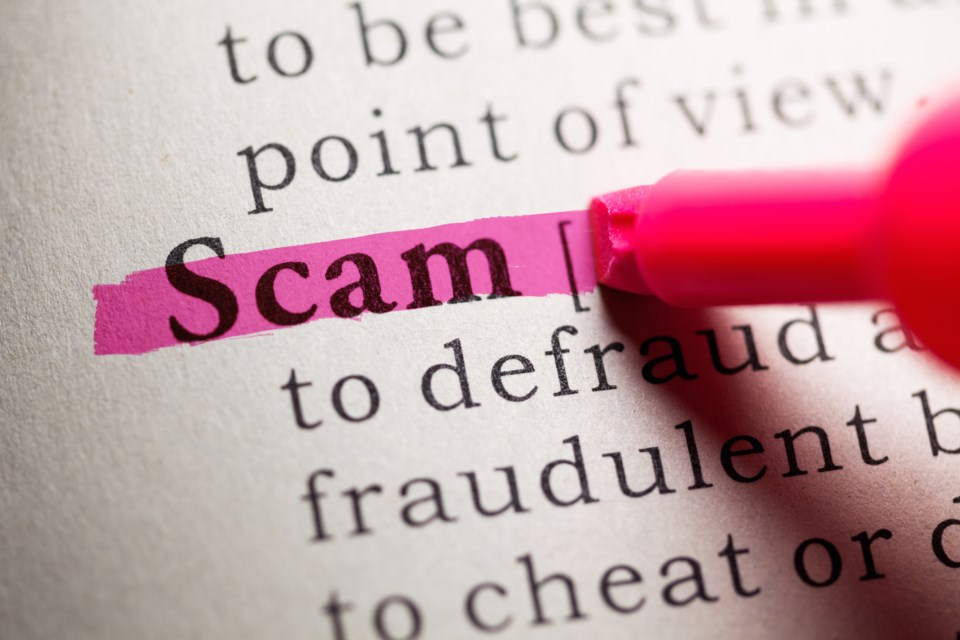NEWS RELEASE
GUELPH POLICE SERVICE
*************************
Today’s 'Fraud Friday' is about learning to recognize the signs of a scam. The following are red flags to look out for:
1. Personal information request
Fraudsters may ask you to provide financial or personal information that is required for a discussion or transaction – be suspicious of someone you do not know asking for your social insurance number, driver’s licence, date or birth, or passport.
2. Unsolicited friend requests on social media
If you receive an unsolicited friend request, review their profile or ask your real-life friends if they know them prior to accepting. Ask yourself, is their profile very generic of fairly empty? Are they promising more than friendship? If the answer is yes to these questions, this is a red flag that points to a scam- delete the request and block future ones.
3. Unsolicited calls
You may receive a call from a fraudster claiming that you owe taxes, have a virus on your computer or that there has been fraudulent activity in your bank account. Legitimate organizations will not call you directly – hang up. Do some research and call the organization yourself using the number from a trustworthy source (i.e. their website, phone book or past invoices and account statements).
4. Astounding mail offers
You received a game card in the mail that states that you have won or guarantees you that you will. Prizes vary from cars to trips. If you have not entered a contest, it’s probably a scam – throw the card away!
5. Wire transfer
Many scams involve the transferring of wire money electronically using services like Western Union and MoneyGram, or using cryptocurrency, such as Bitcoin. Remember, sending money via wire transfer is like sending cash – it is almost impossible to get your money back once the amount is accepted. Do not send money to people you do not know.
6. It’s just too good to be true
Who doesn’t love a good deal? But be careful – shocking offers, unreal rates and unbelievable discounts are red flags for a scam and that the offer isn’t quite what it seems. Small tactics, such as requiring you to provide your credit card for shipping or offering counterfeit goods for cheap prices, can lead to big profits for fraudsters.
If you think you have been a victim of a scam, contact your financial institution immediately and local police. You can also report it online to the Canadian Anti-Fraud Centre.
*************************
